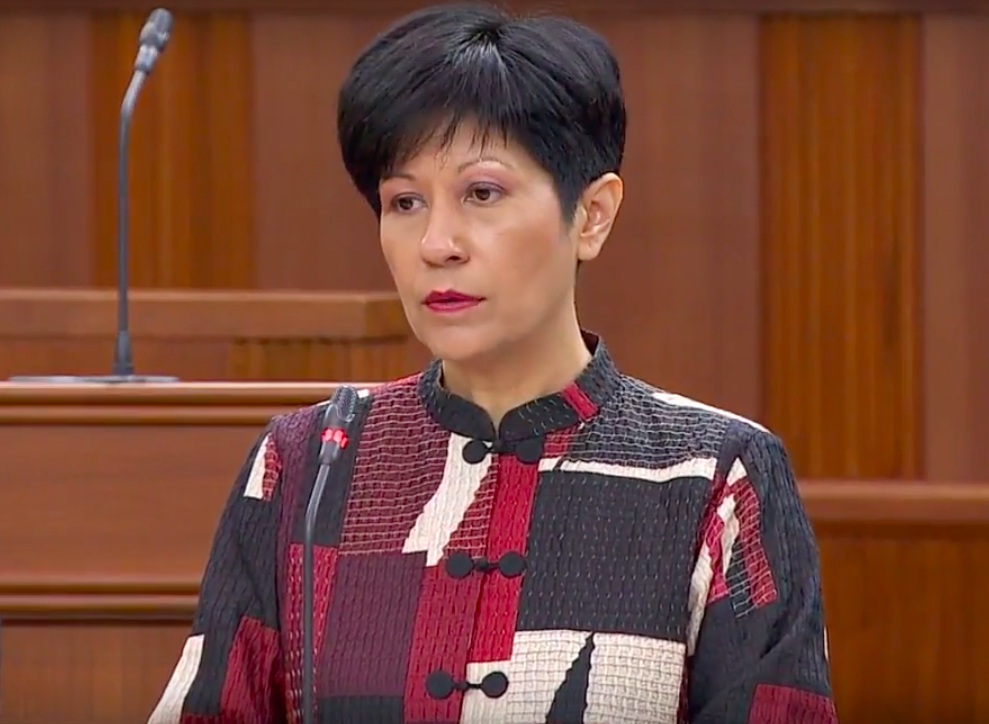Singapore — According to Indranee Rajah, Minister in the Prime Minister’s Office and Second Minister for Education, meritocracy is not responsible for the problems involving inequality and social mobility. Furthermore, she discussed how exactly the 4G leaders will address these problems.
Ms Indranee said this at a conference organised by the National University of Singapore’s (NUS) Social Service Research Centre on Thursday, July 18.
She questioned the current call for the advantages of meritocracy to be reconsidered while the Government seeks to solve problems of inequality and social mobility.
Ms Indranee said that the real problem is that while many endeavours have been made to make opportunities available to all, those who come from more economically disadvantaged households may have a more difficult time accessing these opportunities.
She said, “If that means that we should do away with letting people advance on merit, that we should abolish the principle of choosing the person best able and best equipped to do the job, then the answer is no, that cannot be the right approach.”
However, high achievers should not be prevented from gaining more advantages in the interest of keeping outcomes equal, she added.
“Which parent doesn’t want their child to be the best they can be? Students too have their own aspirations. Each new generation will want to reach for the greatest possible achievement for themselves. It would not be right to hold them back.”
The Minister also said that the 4G leadership team will endeavour to strengthen support in order to uplift others “to improve access to these opportunities among the less advantaged and make the most of the opportunities on offer, to bridge the shortfalls and narrow the gaps so that all can rise together – an enabling meritocracy if you will”.
This would be done through assistance initiatives in the following areas–housing, education, health and employment.
She told listeners that the Government will continue to make sure that nobody will have the opportunities to better their lives taken away from them.
According to Ms Indranee, “We will make sure that all are enabled to take advantage of the opportunities we provide in education, skills training, housing, and other relevant areas.”
She reiterated that those who come from the lower economic strata must take full advantage of the opportunities for betterment that are offered. This means that social service agencies, individuals and communities need to work closely with lower-income families to determine the root cause of their condition.
“They range from unemployment, financial difficulties, poor health, disability, family problems, among others. Often these problems are beyond the families’ control. Their circumstances can be overwhelming, and sometimes, it is difficult for them to even reach out for help,” the Minister said.
“As Singaporeans, we must care for one another and look out for one another. Every Singaporean matters and we want all to do well.
Singapore must always be a society of opportunities for all, throughout life, where everyone can progress irrespective of starting point; where all Singaporeans will have equal chance to seek better lives – to meet their aspirations and find happiness – regardless of background.”
Ms Indranee called solving the problems of inequality a matter of national interest, one that could cause deep divides in society.
“What is at stake therefore is the very nature of our society. This is not just the task of the Government. It is the task of everyone because it affects all of us,” she said./ TISG

